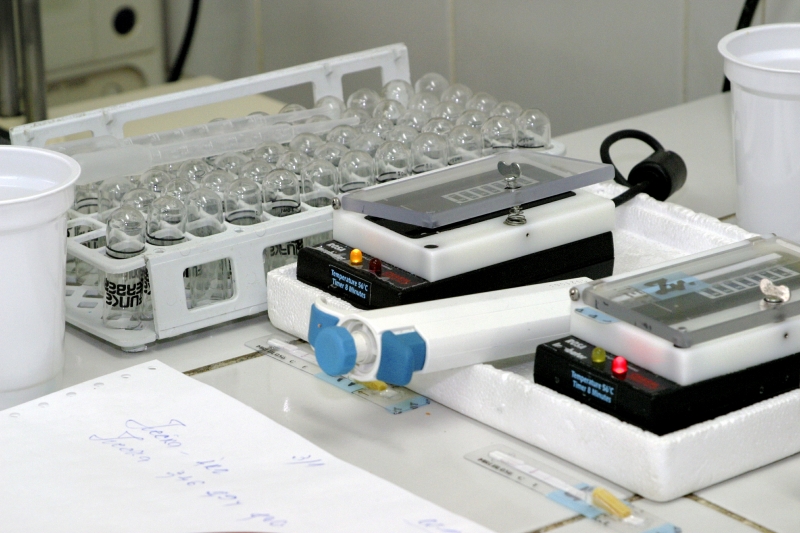Cancer stem cells (CSC) have the extraordinary ability to increase the chance of tumour recurrences if they survive treatment. In breast cancer, the risk increases by as much as 30 times, according to UCLA scientists.Because the intrinsic radio-resistance of cancer stem cells appears to be much higher than that of non-CSCs, cancer stem cells become important for the development of predictive biomarkers. Recent clinical studies performed by the University of Manchester, among others, imply that stem-cell markers could be used to predict radio-curability of tumours, yielding results that would predict the histology and size of the tumours. The scientists at the Manchester Cancer Research Centre have studied a molecule called FAK and its role in controlling cancerous cells’ resistance to radiation, as well as in predicting the recurrence of the disease, which is called Ductal Carcinoma in Situ. DCIS is non-invasive, but if left untreated, could progress to the point where lumpectomy and radiotherapy are the patients’ only chance. However, the treatment does not prevent DCIS from recurring in nearly 20% of cases.The team revealed that cancerous cells harvested from patients that contained high levels of CSCs, also had increased levels of FAK, besides being more radio-resistant. The team then examined cases of recurrence and found that high FAK levels were linked to these cases. Subsequently, the scientists blocked FAK production and saw that this inhibited CSC activity. They then combined this inhibition with radiotherapy and achieved a synergy of positive yields. The FAK-inhibiting drug was then given to mice and positive results were also produced. These showed beyond doubt that inhibiting FAK production reduced breast CSC growth and also improved sensitivity to radio-therapy. Therefore, inhibiting and measuring FAK could reveal patient’s likelihood of experiencing recurrence.There are several clinical studies underway to identify potential markers, although the need for these studies is not unanimously acknowledged. One perspective is that innovative therapies are needed to substitute radio-therapy altogether. Still, the general direction of medical endeavours and research tends to be toward using stem cell markers alongside radiation oncology to gain control over cancer.
The scientists at the Manchester Cancer Research Centre have studied a molecule called FAK and its role in controlling cancerous cells’ resistance to radiation, as well as in predicting the recurrence of the disease, which is called Ductal Carcinoma in Situ. DCIS is non-invasive, but if left untreated, could progress to the point where lumpectomy and radiotherapy are the patients’ only chance. However, the treatment does not prevent DCIS from recurring in nearly 20% of cases.The team revealed that cancerous cells harvested from patients that contained high levels of CSCs, also had increased levels of FAK, besides being more radio-resistant. The team then examined cases of recurrence and found that high FAK levels were linked to these cases. Subsequently, the scientists blocked FAK production and saw that this inhibited CSC activity. They then combined this inhibition with radiotherapy and achieved a synergy of positive yields. The FAK-inhibiting drug was then given to mice and positive results were also produced. These showed beyond doubt that inhibiting FAK production reduced breast CSC growth and also improved sensitivity to radio-therapy. Therefore, inhibiting and measuring FAK could reveal patient’s likelihood of experiencing recurrence.There are several clinical studies underway to identify potential markers, although the need for these studies is not unanimously acknowledged. One perspective is that innovative therapies are needed to substitute radio-therapy altogether. Still, the general direction of medical endeavours and research tends to be toward using stem cell markers alongside radiation oncology to gain control over cancer.
